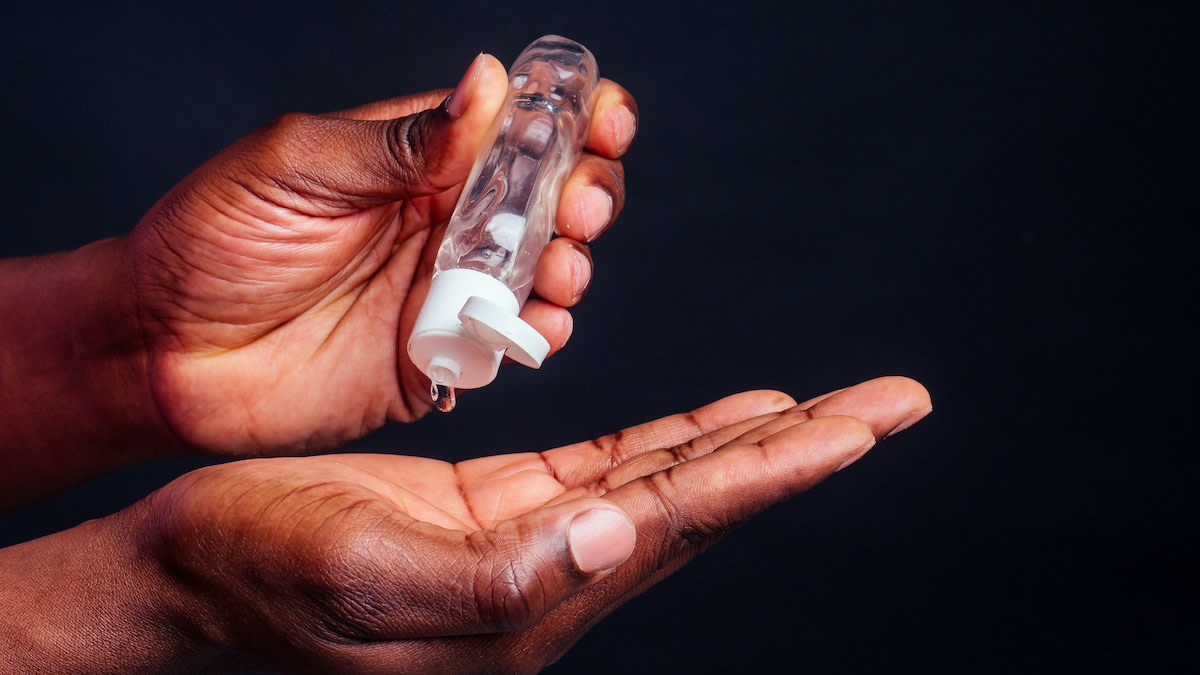
Ensuring adequate lubrication is crucial whether you’re engaging in vaginal or anal intercourse, exploring solo pleasure through masturbation, or enhancing your experience with sex toys. Proper lubrication enhances comfort, reduces friction, and promotes a more enjoyable sexual encounter overall.
What Is Lubricant?
Personal lubricant, often referred to informally as lube, is a liquid or gel applied during sexual activities to diminish friction between body parts or between a body part and sex toys. By enhancing smoothness, lubricants heighten pleasure and minimize discomfort during penetrative sex, masturbation, or when using sex toys.
What Is the Purpose of Lubricant?
Using a personal lubricant is a straightforward way to enhance your sexual encounters. Whether you’re with a partner or engaging in solo play, lubrication reduces friction, leading to a more pleasurable experience overall. It can help prevent discomfort, increase arousal, and maintain softness of vaginal and anal tissues.
Many factors, such as menopause, aging, hormonal changes, birth control, and medications, can reduce natural lubrication in the vagina. For those experiencing vaginal dryness, using additional lubricant becomes crucial to avoid discomfort during sex. Even if you typically produce sufficient natural lubrication when aroused, adding lube can elevate the enjoyment of your sexual experiences.
3 Types of Lubricant
There are several types of lubricants available, each with distinct advantages and considerations depending on your needs. Understanding these differences can help you choose the right one for your situation:
1. Water-based lubricant: Ideal for sensitive skin, water-based lubes are safe with latex condoms and easy to clean up. They won’t stain fabrics, making them versatile for use with vibrators and other sex toys. However, they may not last as long and can dry out quicker during extended sessions. Some variants contain glycerin, which may cause irritation for some users.
2. Silicone-based lubricant: Silicone lubes are long-lasting and remain effective even in water, making them perfect for shower use. They’re safe with latex condoms but should not be used with silicone sex toys as they can degrade the material over time. While they require soap and water for cleanup and can stain fabrics, their durability is a significant benefit.
3. Oil-based lubricant: These lubes, like lotions or petroleum jelly, are long-lasting and suitable for external use such as massages or hand-jobs. They hold up well in the shower but are not compatible with latex condoms or toys, as they can degrade latex and increase the risk of STIs or pregnancy. Cleanup can be challenging, and they may stain fabrics; however, natural options like coconut oil are popular for those seeking chemical-free alternatives.
Choosing the right lubricant involves considering factors like sensitivity, intended use (such as in water or with toys), and cleanup preferences to ensure a safe and enjoyable experience.
6 Tips for Using Lubricant
Once you’ve chosen the right lube for your needs, follow these tips to enhance your experience:
1. Warm it up: Rub the lube between your hands to warm it up before application. This can make the experience more comfortable, especially if the lube feels cold initially.
2. Use plenty for anal sex: Unlike the vagina, the anus doesn’t produce its own lubrication, so use a generous amount of lube for anal sex or any anal play. Apply it inside the anus and on the outside of condoms, body parts, or sex toys. Opt for slightly thicker lubes like water-based or silicone-based, with silicone-based offering longer-lasting lubrication.
3. Protect your surfaces: Place a towel underneath to prevent lubricant stains on sheets, couches, or carpets.
4. Incorporate into foreplay: Lube isn’t just for intercourse; use it during foreplay to enhance arousal. Apply it gently on nipples, the clitoris, or vulva for stimulation, or use it for a sensual massage.
5. Reapply as needed: Some lubes may need reapplication, especially during longer sessions. Pay attention to when you or your partner may need more and don’t hesitate to add more lube for comfort.
6. Consider fertility-friendly options: If trying to conceive, choose a lube labeled “fertility friendly” or “sperm friendly.” Some lubricants can affect sperm motility, so selecting the right type can support your fertility goals.
Following these tips ensures a smoother and more enjoyable experience with your chosen lubricant.
Lust Luminosity has a range of Sexual lubricant online









